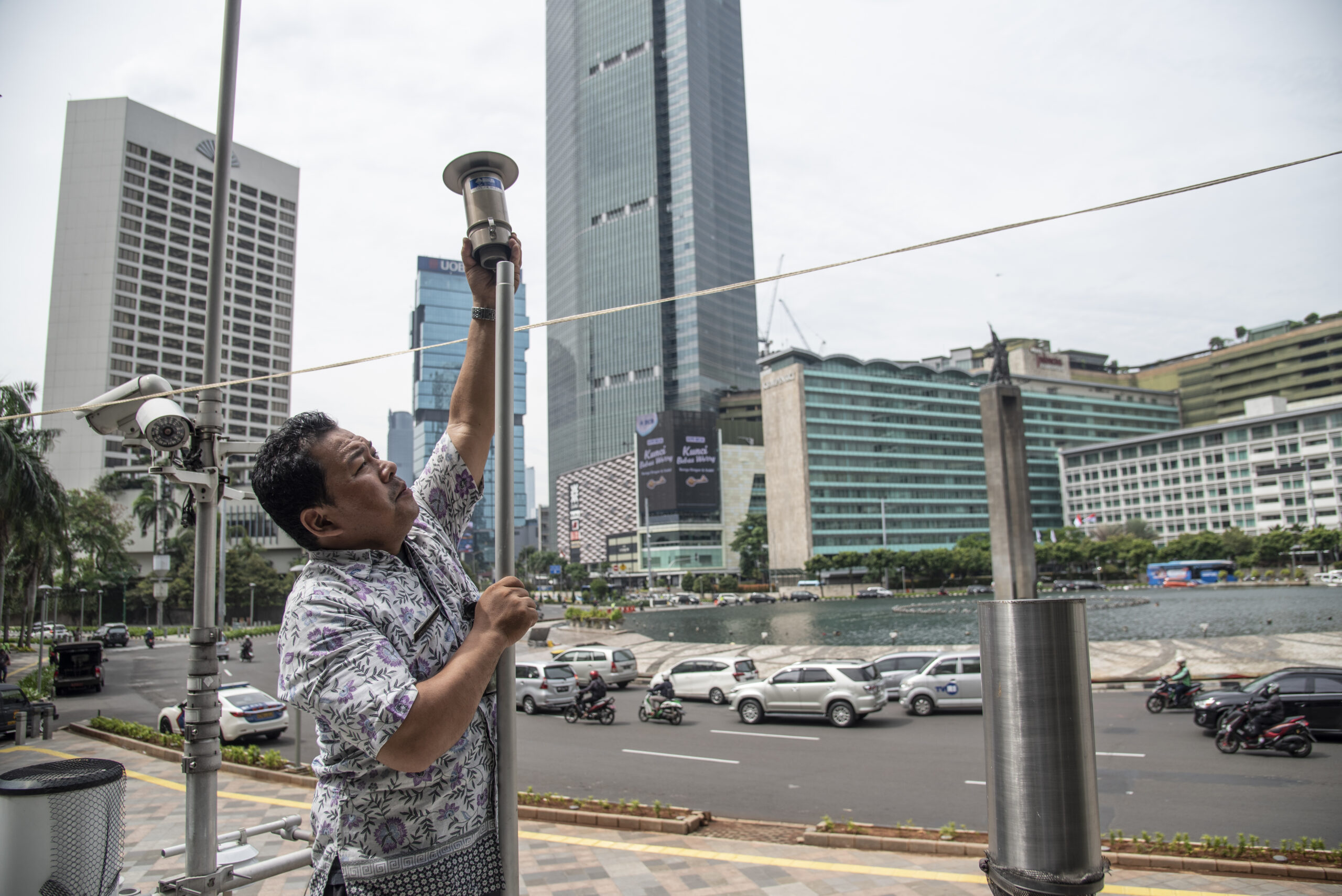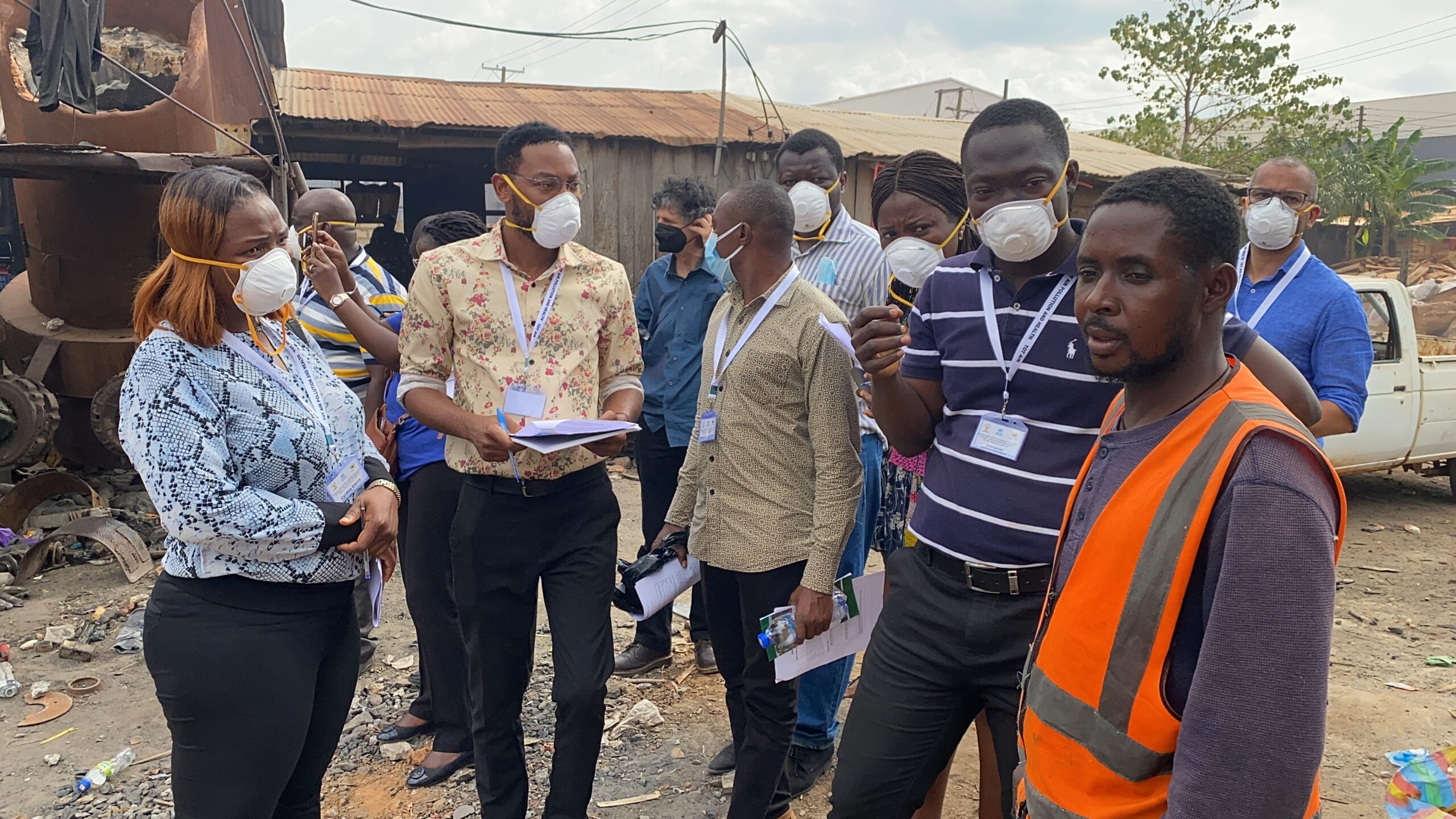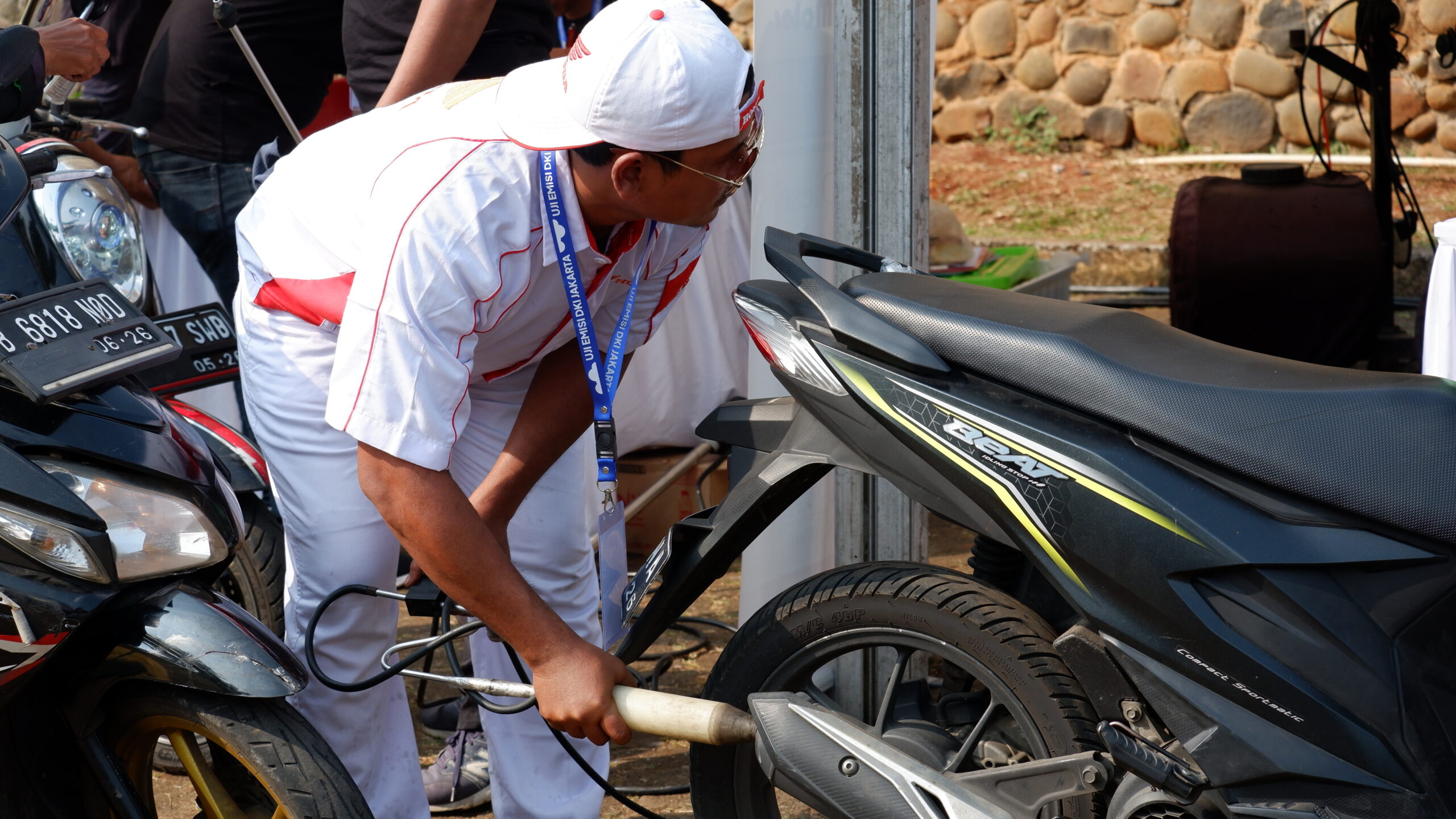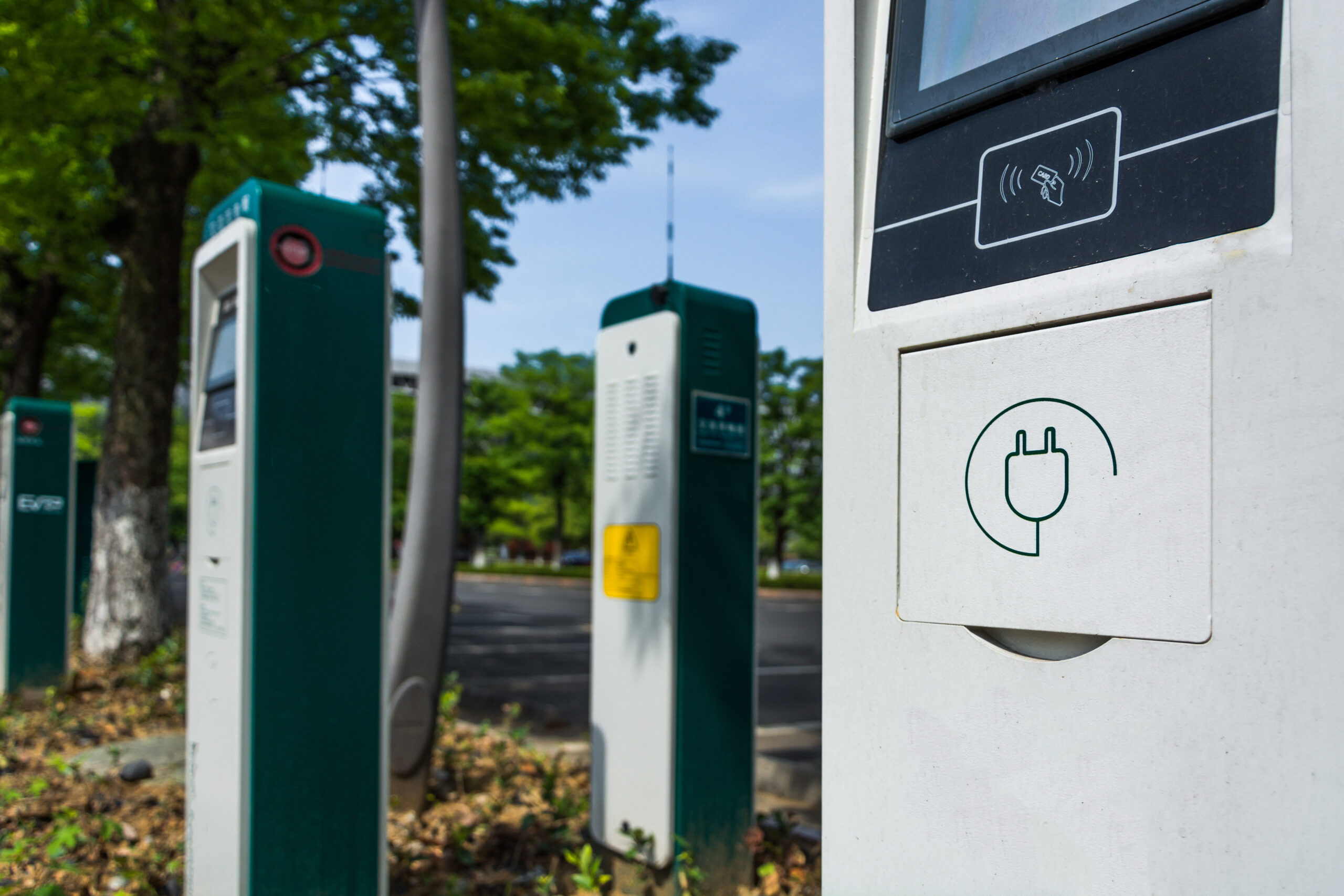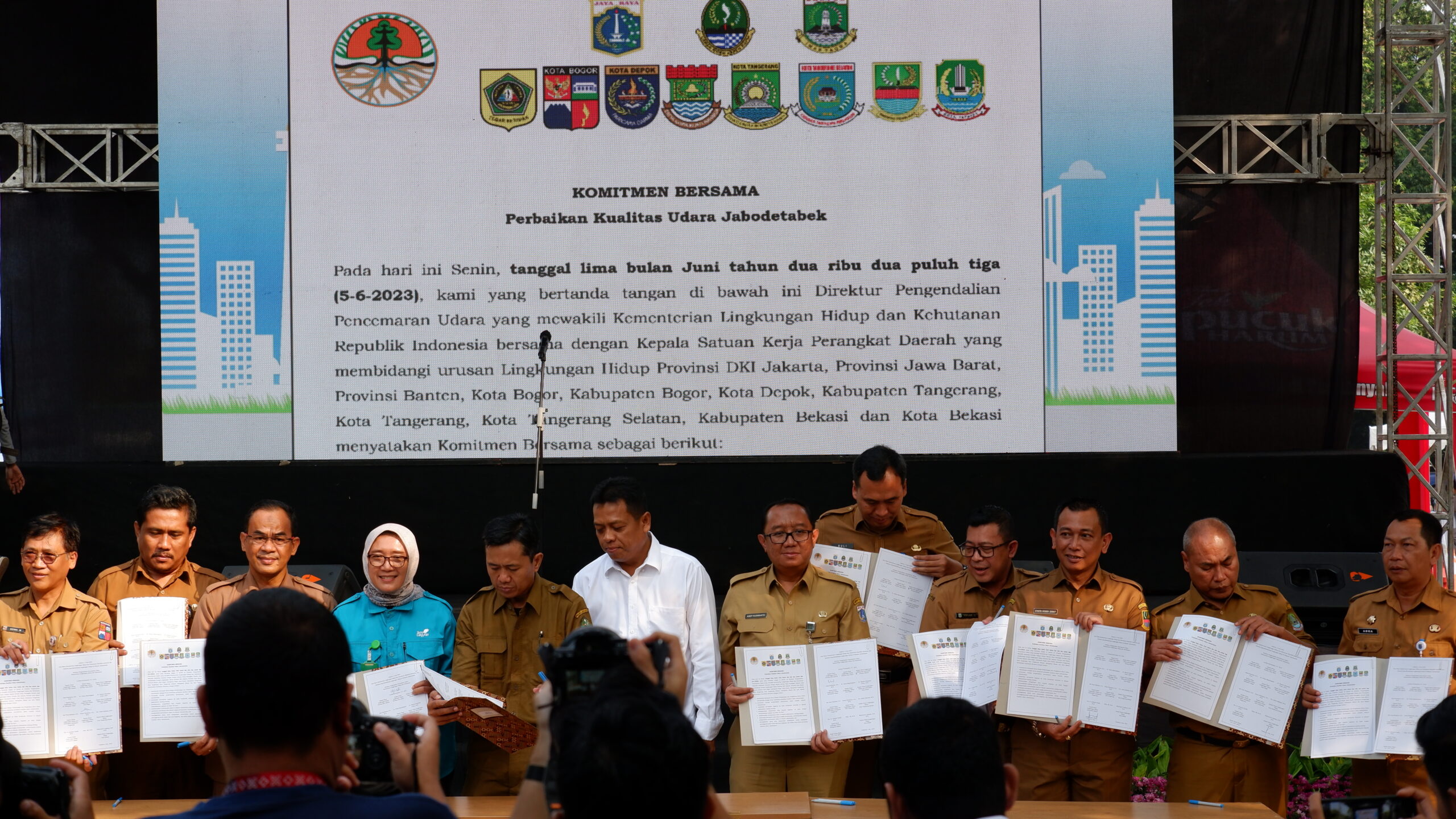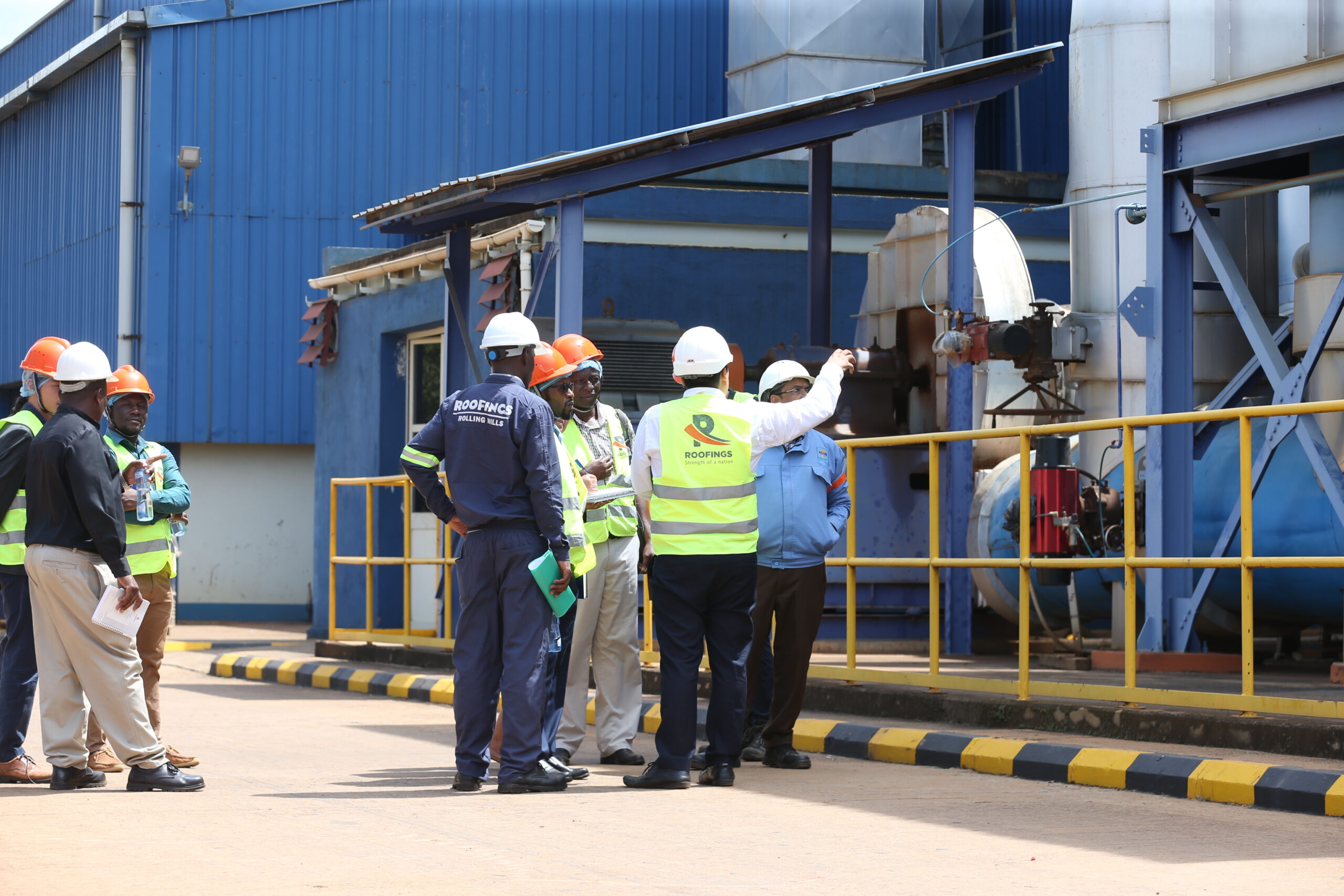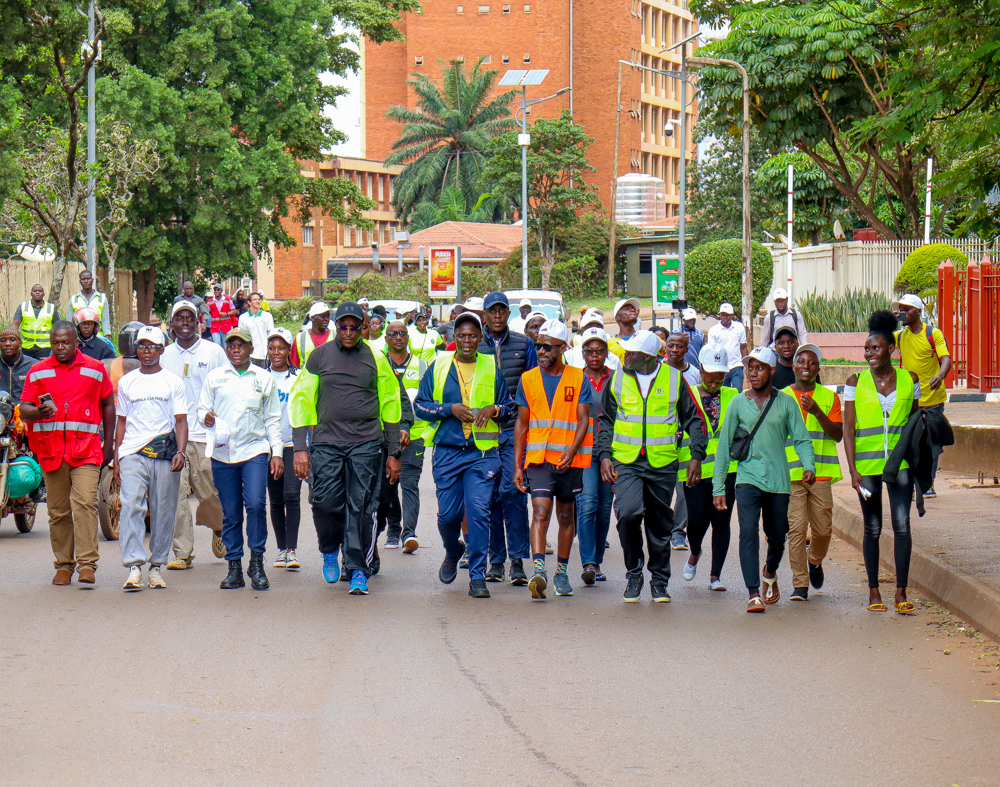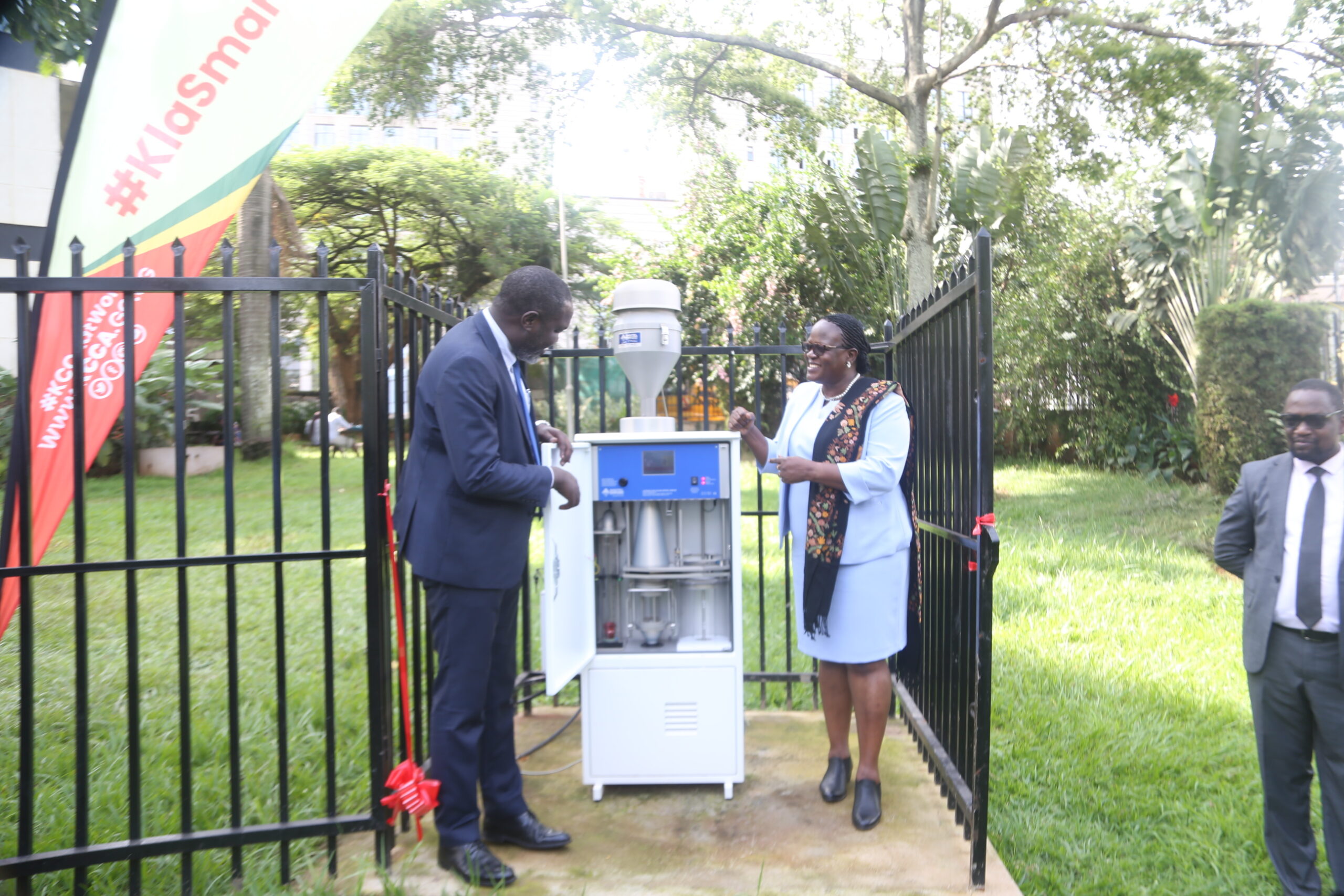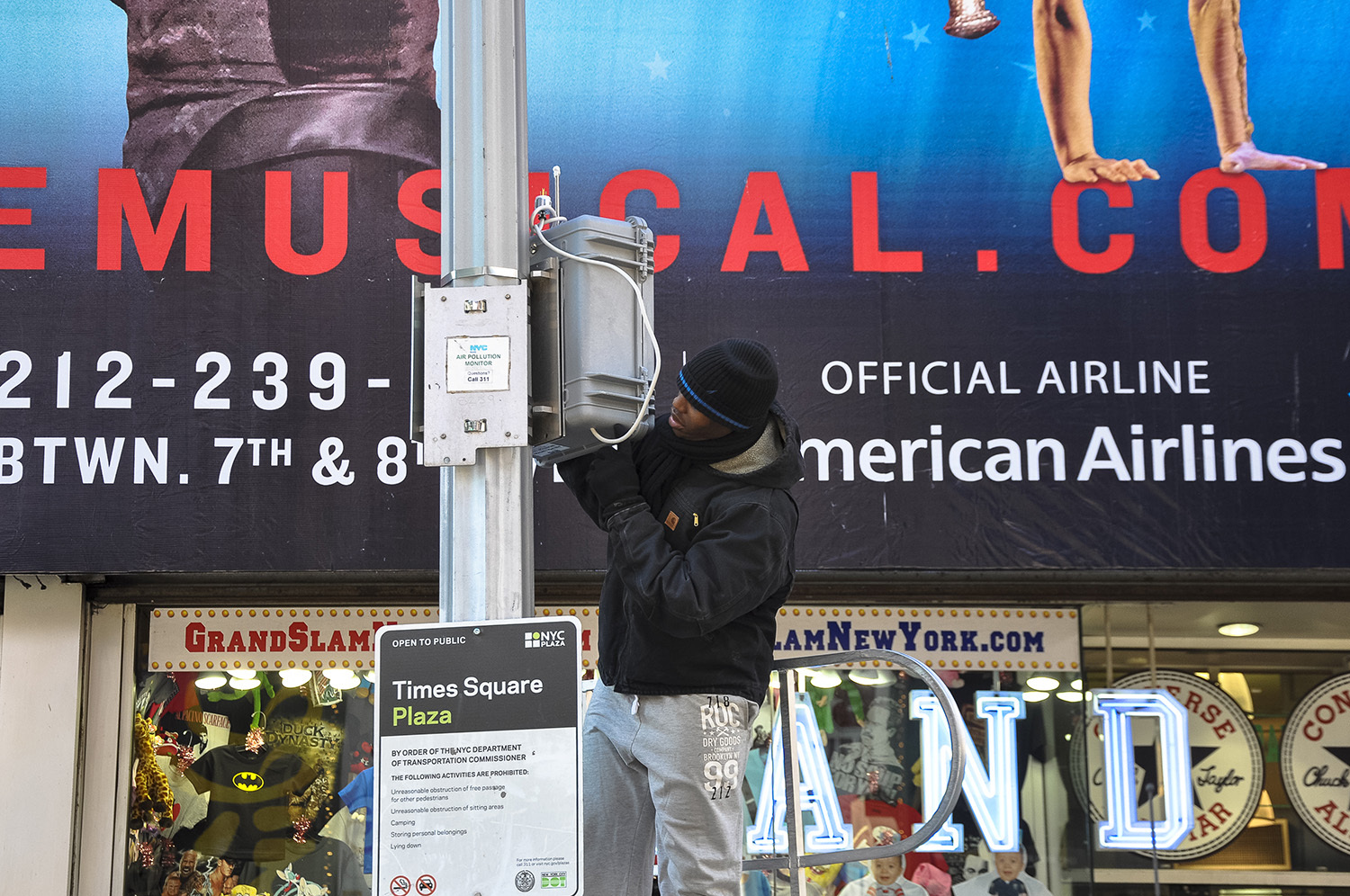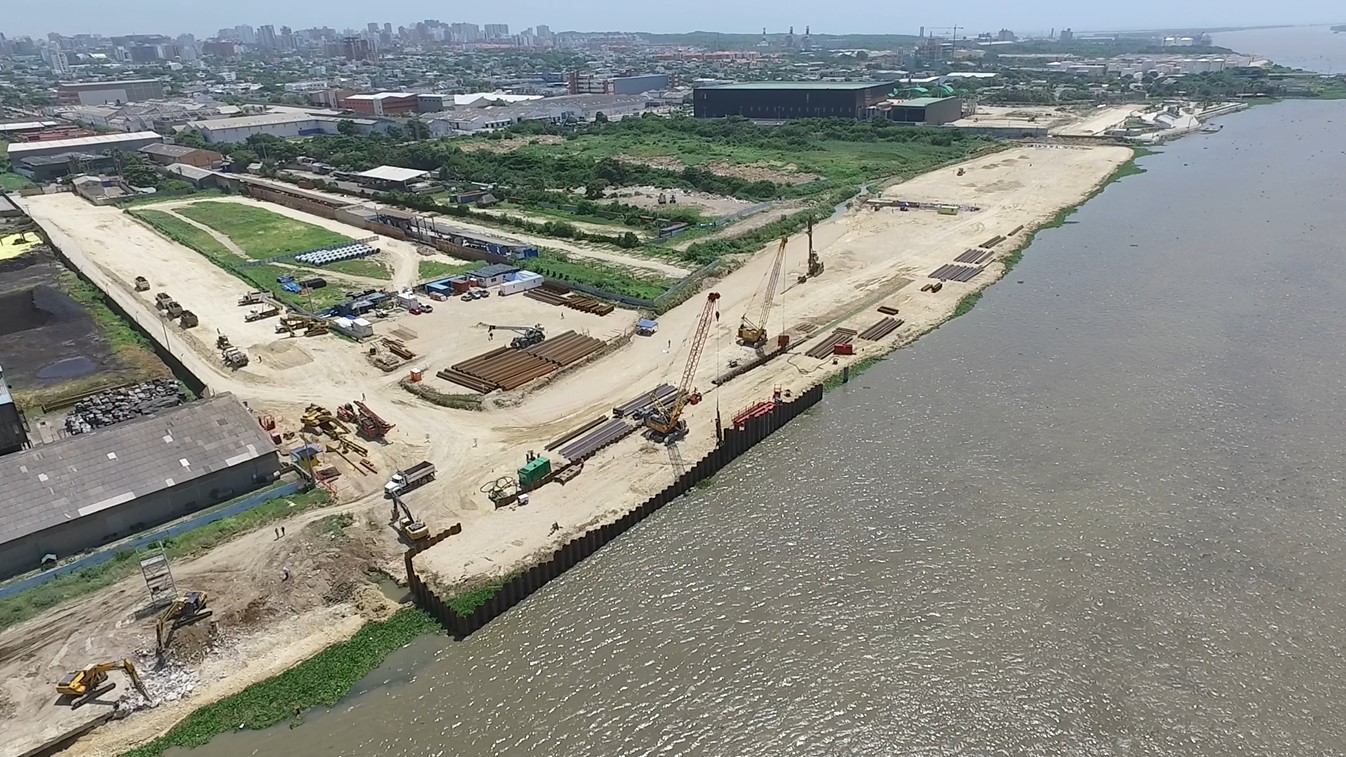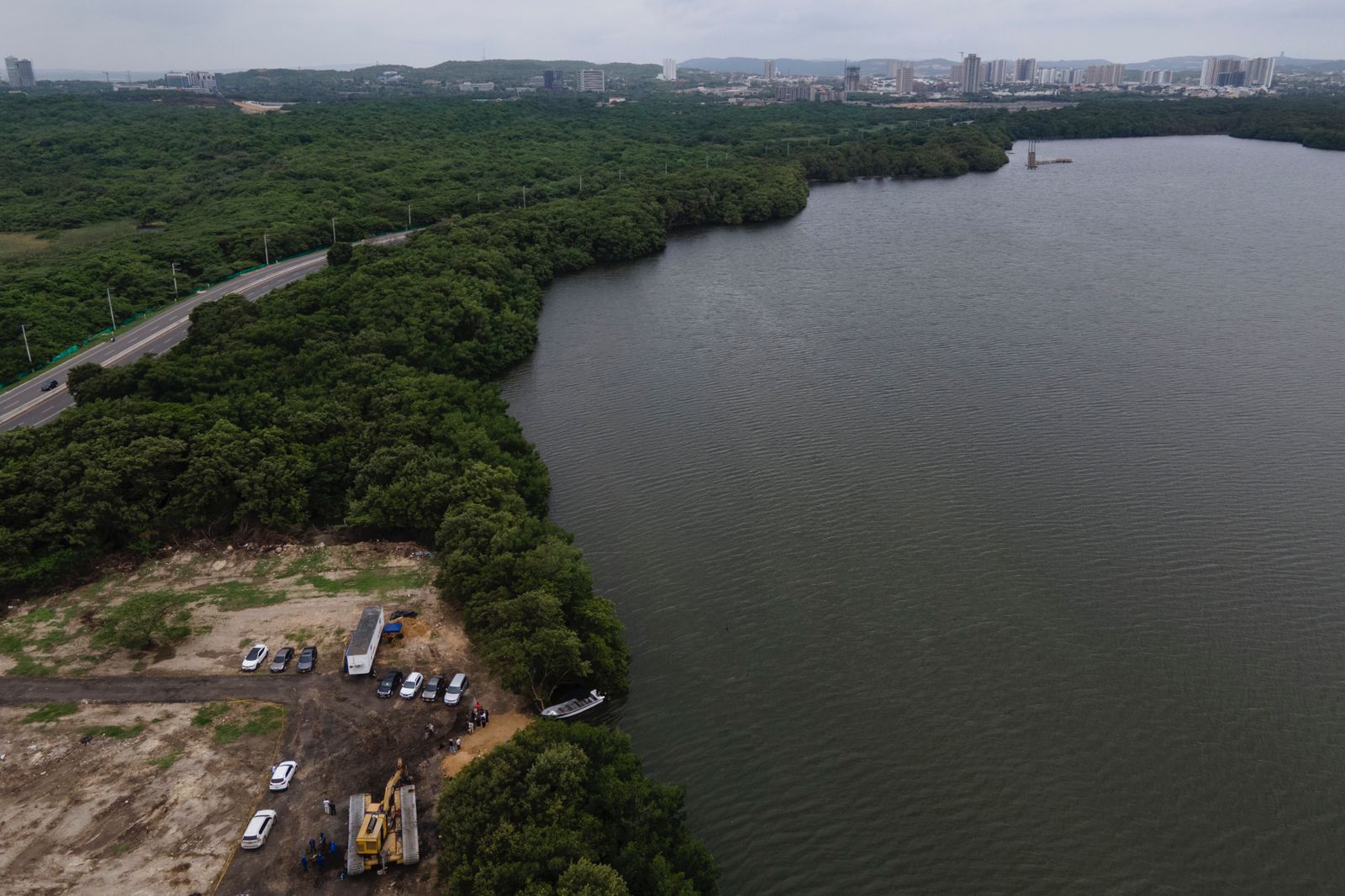In the case of New York City, the pollutant levels have declined dramatically since the start of their air quality program in 2008, resulting in an estimated prevention of 290 premature deaths, 80 hospital admissions for respiratory and cardiovascular diseases, and 550 emergency department visits for asthma each year.
To have a lasting tangible impact, climate and clean air action requires the involvement of diverse actors including health, environment, transport, energy, industry and enforcement. Having cross-sector collaboration and coordination is critical to making the multi-stakeholder systems work. Cities need a cooperative setting with well-established mechanisms of knowledge sharing across agencies, so that all stakeholders involved are aware of their roles and responsibilities to achieve the objectives of the programs.





